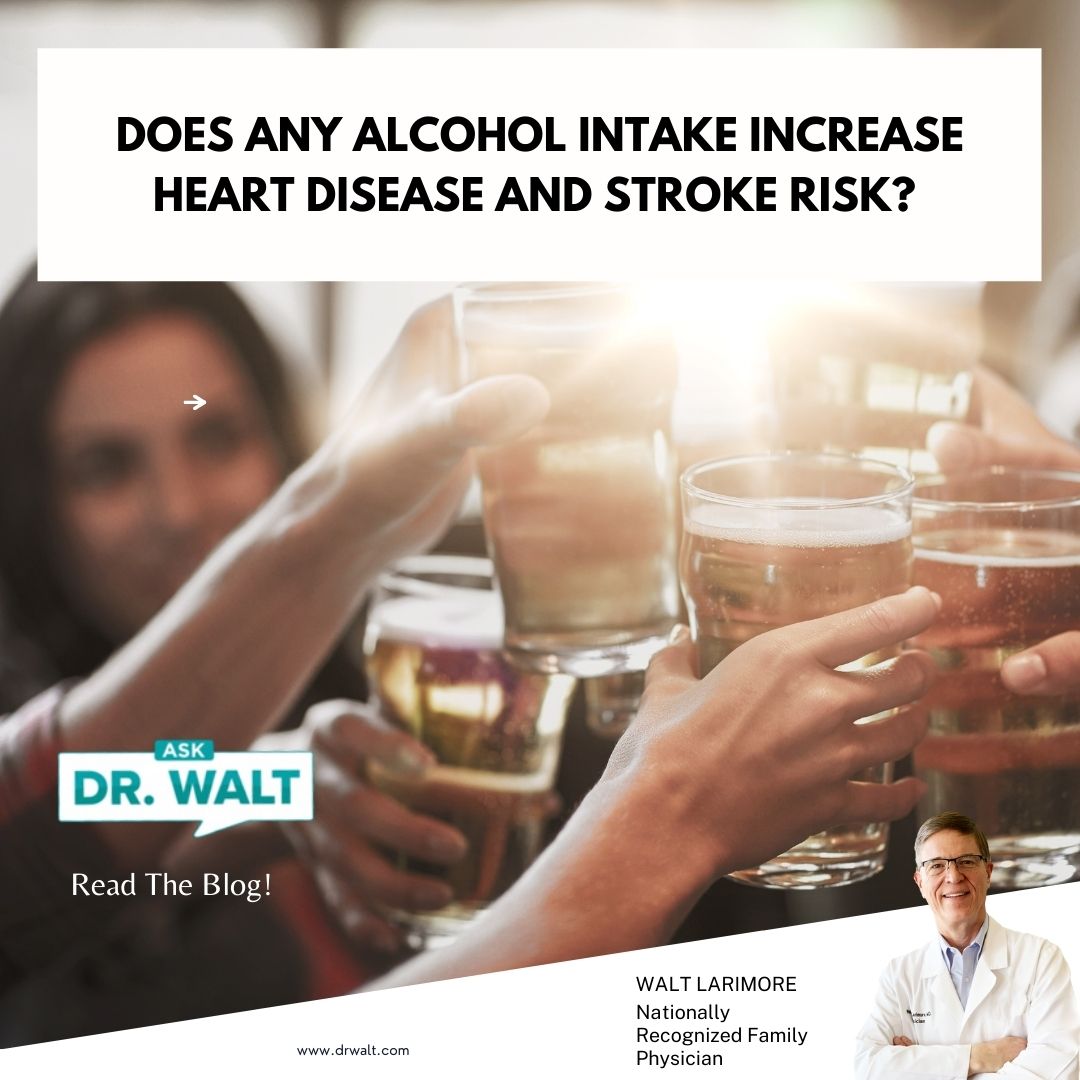
More good news about coffee lowering risk for heart disease, stroke, and all-cause mortality
April 12, 2022
Does any alcohol intake increase heart disease and stroke risk?
April 14, 2022People with chronic lower back pain may experience better, more sustained results from therapeutic aquatic exercise than from physical therapy. This good news was published in JAMA Network Open.
Researchers noted significantly better 12-month follow-up results in a group of aquatic exercise participants, compared with patients in a routine physical therapy group.
“Among the numerous therapeutic exercises available, therapeutic aquatic exercise is often prescribed by physicians for chronic low back pain, and it is becoming increasingly popular for the treatment of chronic low back pain,” Meng-Si Peng, MSc, of the Shanghai University of Sport, in China, and colleagues wrote.
They added, “Water is an ideal environment for conducting an exercise program given its various properties, including buoyancy pressure, density, thermal capacity, and conductivity.
“In this randomized clinical trial, patients with chronic low back pain who received therapeutic aquatic exercise showed greater improvement in terms of function, pain, quality of life, sleep quality and mental state than those who underwent physical therapy modalities,” Peng and colleagues wrote.
“Therapeutic aquatic exercise is a safe treatment for chronic low back pain and most participants who received it were willing to recommend it to other patients with chronic lower back pain.”
You can read the full story at Healio.
© Copyright WLL, INC. 2022. This blog provides healthcare tips and advice that you can trust about a wide variety of general health information only and is not intended to be a substitute for professional medical advice, diagnosis, or treatment from your regular physician. If you are concerned about your health, take what you learn from this blog and meet with your personal doctor to discuss your concerns.




